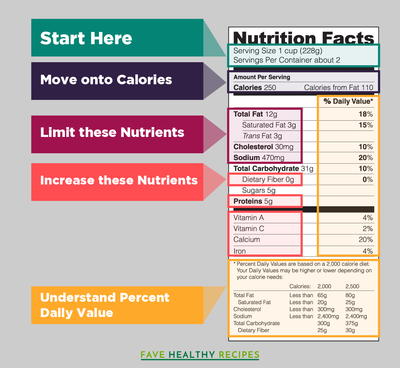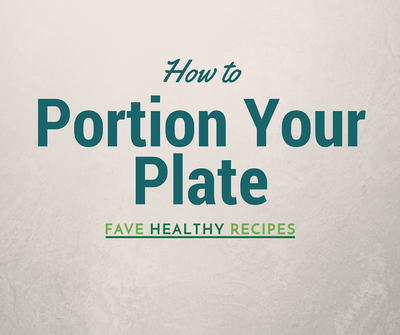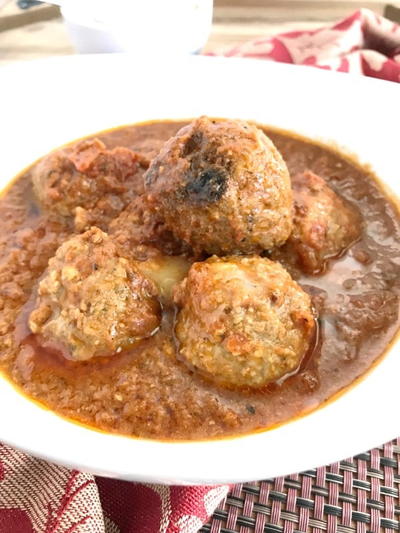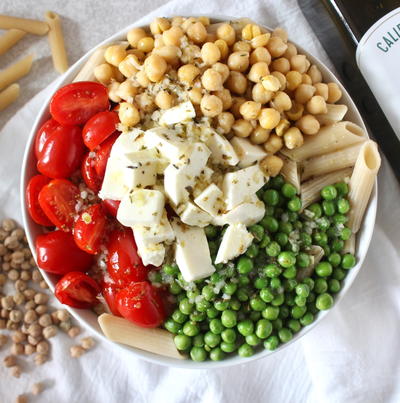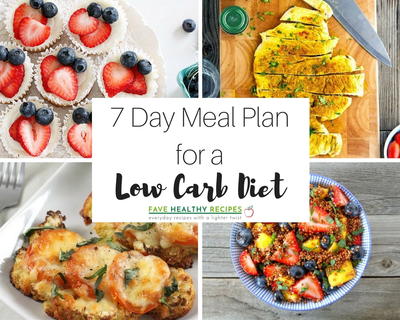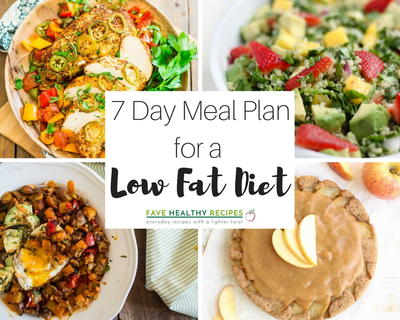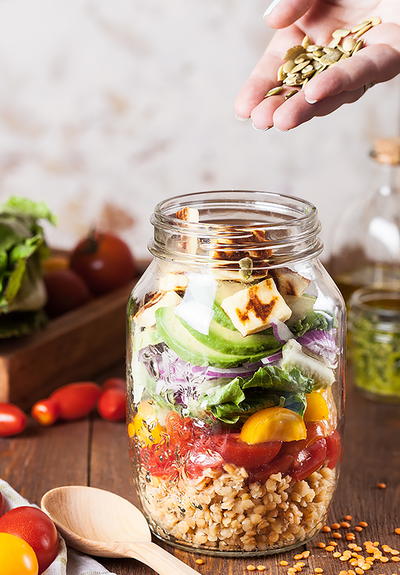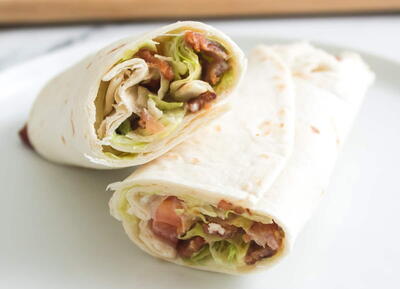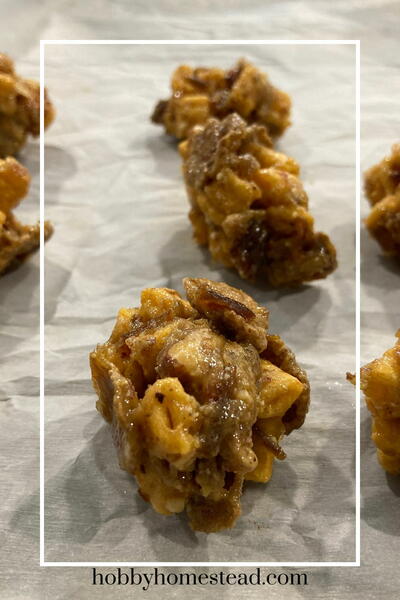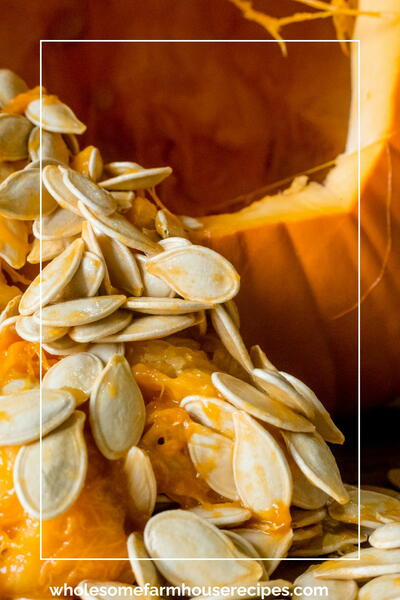Portion Sizes for a Healthy Balanced Diet
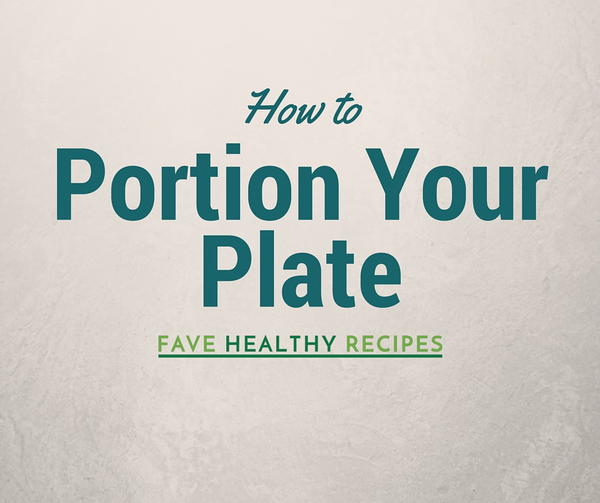
Portion Sizes for a Healthy Balanced Diet
Compared to twenty years ago, portion size has increased dramatically. Restaurants serve meals that could feed two or more people, companies offer their food and drinks in larger quantities, and consumers have lost sight of how much food they should consume at mealtime. Suddenly, bigger starts to seem like the norm, distorting how we think about a serving size or the “right” amount.
To combat this growing problem, people need to be aware of how much they're eating and how much is the recommended amount. The first step is to be informed, then begin to make a change in how much food you initially reach for. As this becomes a habit, you'll be able to rework your idea of appropriate portion sizes.
For a quick and easy guide, we recommend dividing your dinner plate into three sections. Half of your plate should be vegetables, a quarter of your plate should be a protein, and a quarter of your plate should be a starch. That being said, you shouldn't grab the largest plate in your house; this will almost always cause you to overeat. Instead opt for a smaller plate and serve yourself a balanced meal.
For even more information on portion control, here's a printable guide from WebMD.
The first step to monitoring your diet is to understandHow to Read a Nutrition Label
Recommended Portion Sizes
Protein
Try to include lean proteins in your diet. For example, instead of frying your fish, perhaps you could bake or broil it! Another option would be to use your grill. Grilled meat is a great way to add flavor to your meal.
3 ounces of Meat, Poultry, or Tofu: Deck of Cards
3 ounces of Fish: Checkbook
2 tablespoons of Peanut Butter or Hummus: Golf Ball
Starches
Including whole-grain starches are best for a healthy diet because it'll fill you up and leave you feeling full. Please note that although potatoes, corn, and yams are considered vegetables, they are high in starch so you should include them in this section. Below are just a few options, but you can always go with the rule that your starch should be 25% of your plate.
1 Baked Potato: Computer Mouse
1/2 cup Cooked Pasta: Baseball
1/2 cup Cooked Rice: Lightbulb
Vegetables
Vegetables are high in nutrients, so they should take up the majority of your plate. It's not a bad thing to fill up on broccoli, asparagus, or salad! We've included a few options, but we suggest choosing a vegetable that is seasonal. It'll be more nutritious and delicious. You can even include a few different types of veggies for a bit of variety.
1 cup of Cooked Vegetables or Salad Greens: Baseball
Treat Yourself!
Sometimes you need to treat yourself with dessert, but that doesn't mean you need to go overboard. By following these measurements, you won't ruin your diet. Here's a tried-and-true guide for serving yourself a sweet treat.
1 piece of Chocolate or Brownie: Dental Floss Package
1 slice of Cake: Deck of Cards
1 Cookie: 2 Poker Chips
3 cups of Popcorn: 3 Baseballs
1/2 cup of Ice Cream: Lightbulb

